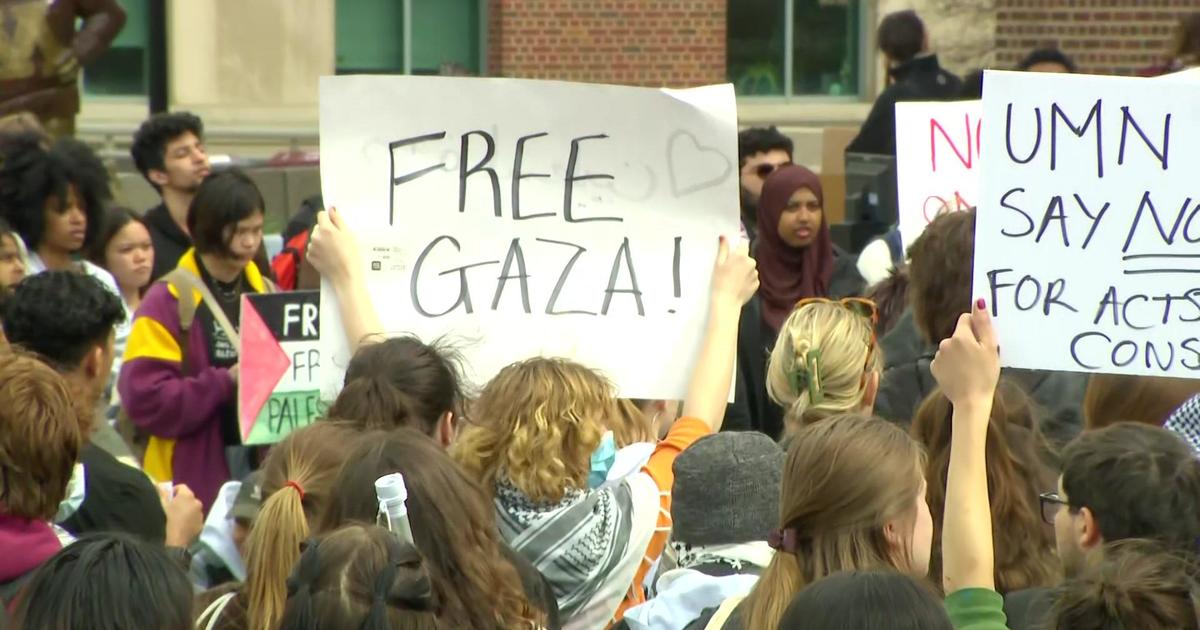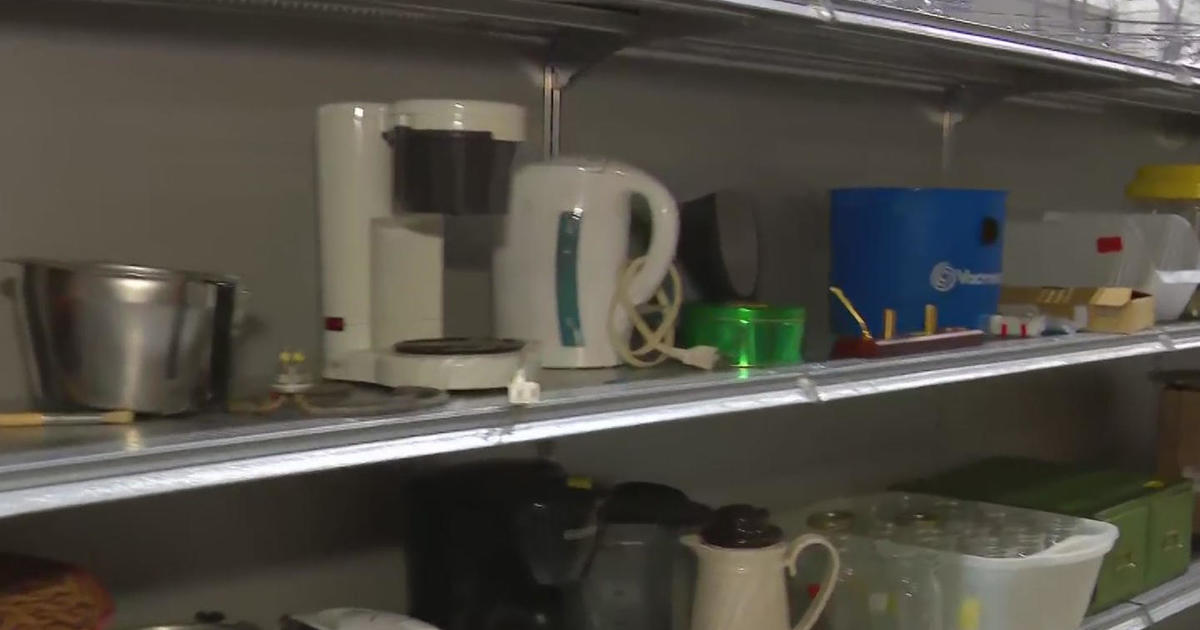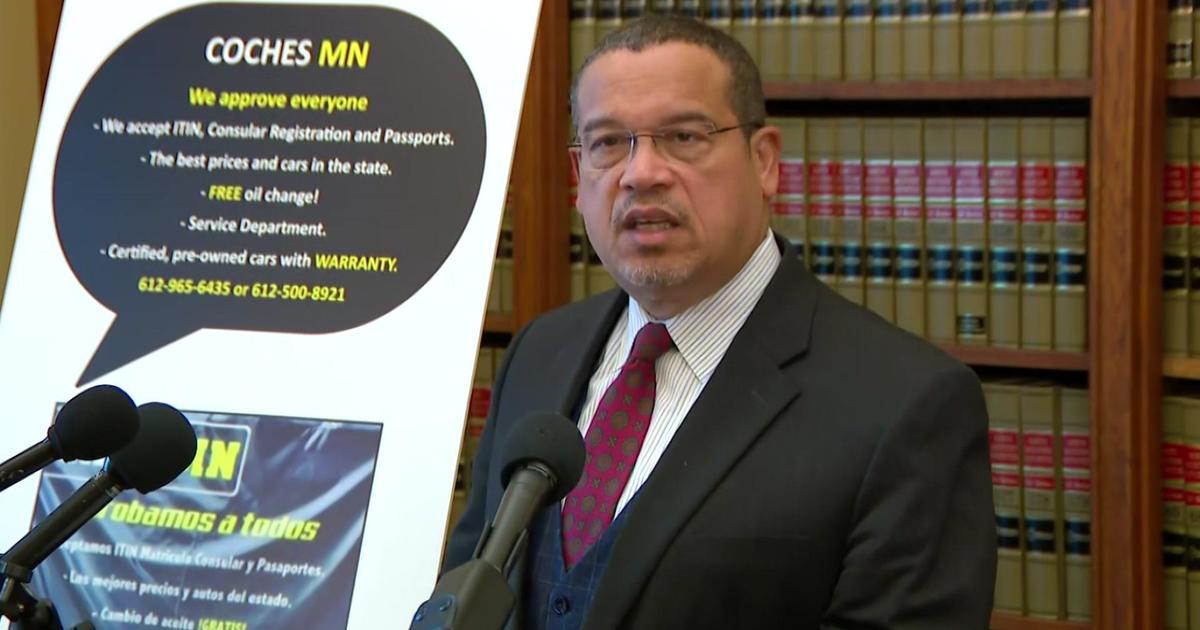U of M Study Finds Less-Lethal Weapons Used During George Floyd Protests Inappropriate For Crowd Control, Violated UN Guidelines
MINNEAPOLIS (WCCO) - Less-lethal weapons like rubber bullets are not appropriate for crowd control. That's the finding of a new study looking at the unrest in the Twin Cities following the death of George Floyd.
An interdisciplinary team of University of Minnesota researchers looked at the injuries people sustained. WCCO spoke with some of them about their paper published in the New England Journal of Medicine.
In the days following George Floyd's death last May, people protested, and at times, riots and unrest ensued. Law enforcement used less-lethal weapons: things like rubber bullets, bean bags and tear gas. That prompted the research.
"The study really got started when we were taking care of patients that were injured from the protests, and what we were seeing was alarming because we were seeing a lot of injuries to the head and face," Neurosurgeon and Associate Professor in the Dept. of Neurosurgery, Dr. David Darrow said.
The team found 89 people sought medical treatment from M Health Fairview and Hennepin Healthcare between May 26 and June 15 for injuries related to the protests.
"There were children hit by these rubber bullets who needed emergency surgery, there were people who were just trying to help that were hit," U of M Medical student Erika Kaske said.
"When you fire these large objects that are still moving pretty fast at the face you get fractures of the skull, fractures of the eye, fractures of the face and from that you get blindness, traumatic brain injury, you need surgery," Dr. Darrow said.
According to the study, the non-lethal force violated United Nations guidelines, which says they should be aimed at lower extremities.
The research found the current use of projectiles is not appropriate for crowd control.
"From that public health lens, our job is to keep people healthy and safe and allow them to express themselves in a healthy and safe environment and that's not happening," Associate Professor and Blue Cross Endowed Professor of Health and Racial Equity, Dr. Rachel Hardeman said.
They hope their findings starts a broader discussion.
"We hope we can work with public policy makers in Minnesota to prevent this from happening to our patients in the future," Kaske said.
Minneapolis police told WCCO, "All uses of force are being reviewed by the department. Some of the uses of force have resulted in litigation. We are unable to comment on those at this time."
The Minnesota National Guard said, "The Minnesota National Guard was not involved in the discharge of any non-lethal munitions during the civil unrest response in Minnesota in late May- early June 2020."
The Department of Public Safety said it has not had a chance to review the report.
You can read the paper here, and click here to look at the research.



